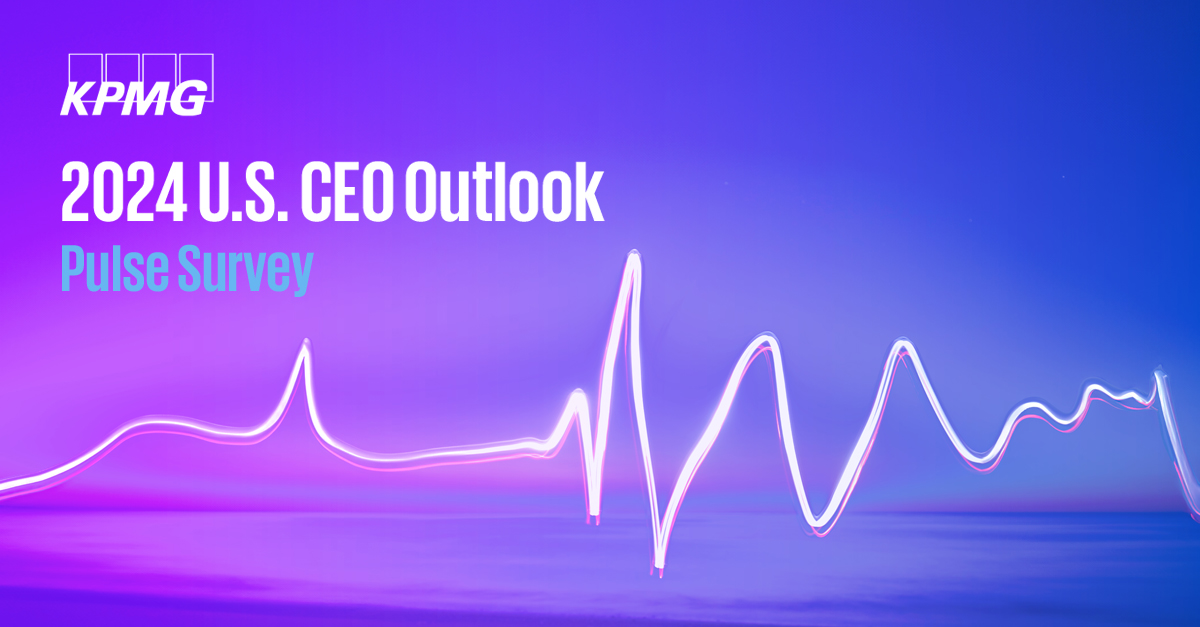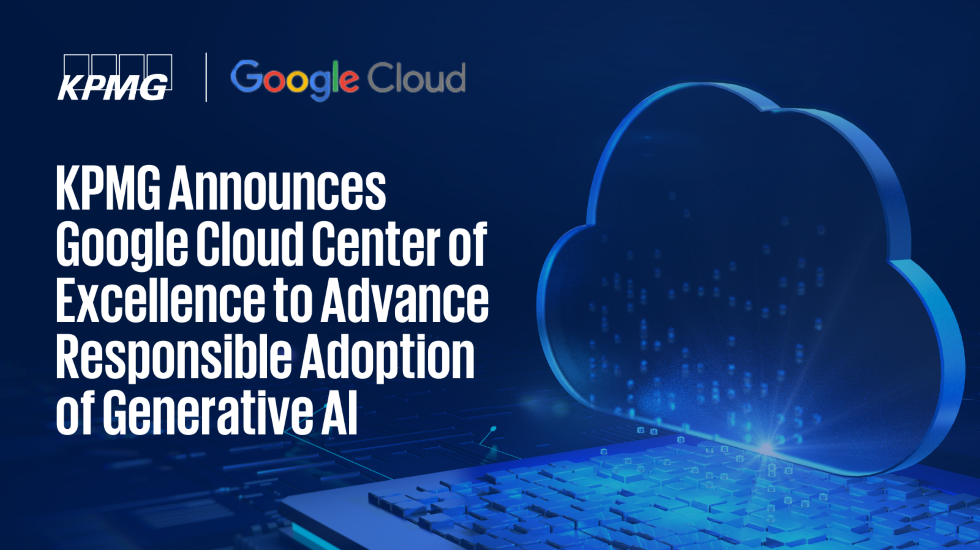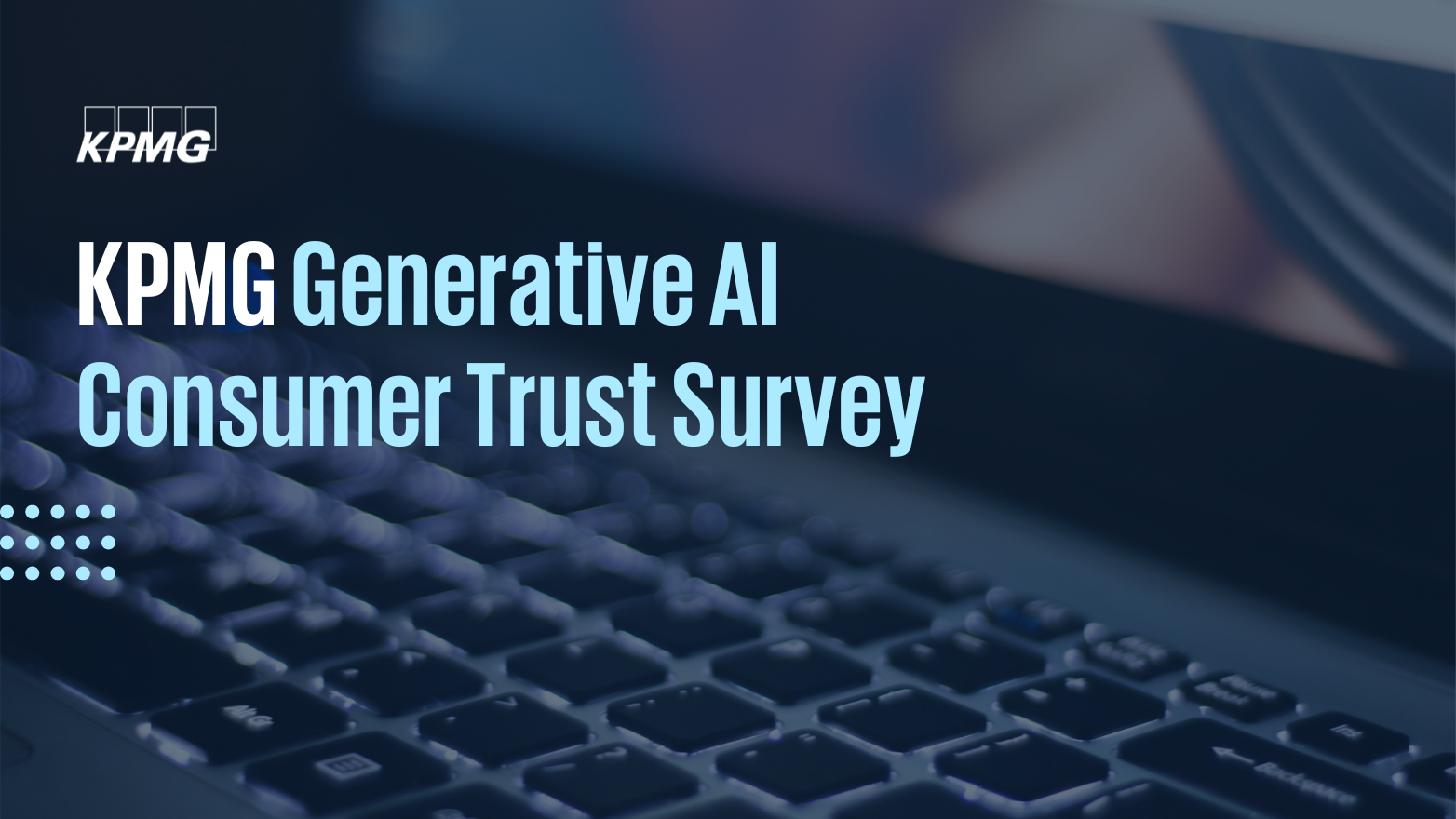KPMG Survey: C-Suite Cyber Leaders Optimistic about Defenses, but Large Percentage Suffered Recent Cyber Attack
Artificial Intelligence Seen as a "Game Changer"

NEW YORK, May 13, 2024 - A recent survey conducted by KPMG, the audit, tax, and advisory firm, reveals that despite a growing number of attacks and breaches, C-suite cyber leaders are optimistic about the effectiveness of their defenses. The survey also highlights the growing importance of artificial intelligence (AI) in the fight against cyber threats.
According to the survey of 200 C-suite cyber leaders at companies with revenue of $1 billion and above, 40% reported that their company had suffered a recent cyberattack resulting in a security breach, with 38% experiencing one to three attacks. Most security leaders (76%) expressed concerns about the increasing sophistication of new cyber threats, especially those who had experienced a cyberattack in the past year. The top concerns included threats from organized cyber criminal groups, insider threats from employees and contractors, and individual hackers.
Interestingly, security leaders who had experienced a recent cyberattack were just as likely to feel confident about their Security Operations Center’s (SOC) oversight of risk areas and readiness for threats. Specifically:
- 73% of security leaders expressed a high level of confidence in their SOC's understanding of the organization's risk areas and vulnerabilities.
- 86% of security leaders were confident in their SOC's readiness to prevent future sophisticated attacks
- 90% claimed their SOC had full visibility across their organization's risk areas and vulnerabilities.
Artificial Intelligence Seen as a “Game Changer”
The survey also highlighted the growing importance of AI-based automation in cybersecurity. Two-thirds of security leaders considered AI-based automation very important for staying ahead of new threats and increasing the agility and responsiveness of their SOCs.
Not only that, but AI was seen as a "game changer" across all security functions, including identity management, monitoring, predictive analytics, and anomaly detection. Furthermore, 72% of security leaders identified themselves as "first adopters" of new cybersecurity solutions and services, with AI likely playing a significant role in driving this mindset.
While AI-based automation was seen as beneficial for SOCs, leaders rank trusting the reliability of AI recommendations (38%) as a top concern, followed by potential for employee backlash over potential job loss (30%), and the culture change required to build support for AI (30%). And 29% are concerned it will create new cybersecurity threats and vulnerabilities.
Challenges Remain an Issue, but Executives Expect Resources to Increase
The survey identified several challenges faced by security leaders, including operational issues such as security, data quality, and completeness (30%), fatigue in navigating low fidelity alerts versus real threats (30%), monitoring perimeters (25%) and delays in threat detection/remediation (24%). Nearly a third (32%) say their SOC has difficulty determining the severity of threats and vulnerabilities.
When it comes to resources, a third (33%) said not enough headcount is a major issue, 48% said it is somewhat of an issue. More say they have ‘major issues’ with retention and attracting talent (47%), maintaining up-to-date knowledge/training (46%), and lacking specialized skills (45%).
Nevertheless, the survey revealed that most SOC leaders expect their headcount and budget to increase over the next two years to support their priorities. Specifically, two-thirds or more of security leaders reported that their SOC headcount and budget would increase in the next two years, with the majority (87%) expecting an increase of up to 20%. Leaders say their current annual SOC budget averages $14.6 million with most (37%) going to prevention and detection.
"The findings of this survey highlight the complex landscape that security leaders face in today's digital world," said Matt Miller, Principal of Cyber Security, KPMG. “Organizations continue to invest in security operations in order to evolve capabilities. They are also committed to reducing complexity through consolidation of technologies. And while there is optimism about the effectiveness of SOCs and the potential of AI-based automation, it is crucial for organizations to address the challenges and concerns identified to ensure the resilience of their cybersecurity defenses."
For more information about the survey and its findings, please visit Media (kpmg.com).
About KPMG LLP
KPMG LLP is the U.S. firm of the KPMG global organization of independent professional services firms providing audit, tax and advisory services. The KPMG global organization operates in 143 countries and territories and has more than 273,000 people working in member firms around the world. Each KPMG firm is a legally distinct and separate entity and describes itself as such. KPMG International Limited is a private English company limited by guarantee. KPMG International Limited and its related entities do not provide services to clients.
KPMG is widely recognized for being a great place to work and build a career. Our people share a sense of purpose in the work we do, and a strong commitment to community service, inclusion and diversity and eradicating childhood illiteracy. Learn more at www.kpmg.com/us.
Additional Resources
Explore more

The 2024 KPMG U.S. CEO Outlook Pulse Survey
CEOs are tackling risks to growth including geopolitics, cyber and structural changes such as tight labor market and new regulations, according to KPMG's latest survey.

KPMG Announces Google Cloud Center of Excellence to Advance Responsible Adoption of Generative AI
KPMG will bring Google Cloud technology to its workforce and build trusted GenAI solutions that accelerate business transformation for clients

2024 KPMG Generative AI Consumer Trust Survey
Consumers are optimistic about the benefits of GenAI as technology becomes more pervasive, according to the KPMG survey of 1,000 college-educated and informed U.S. consumers.
